New tools that help developers write software also generate similar mistakes.
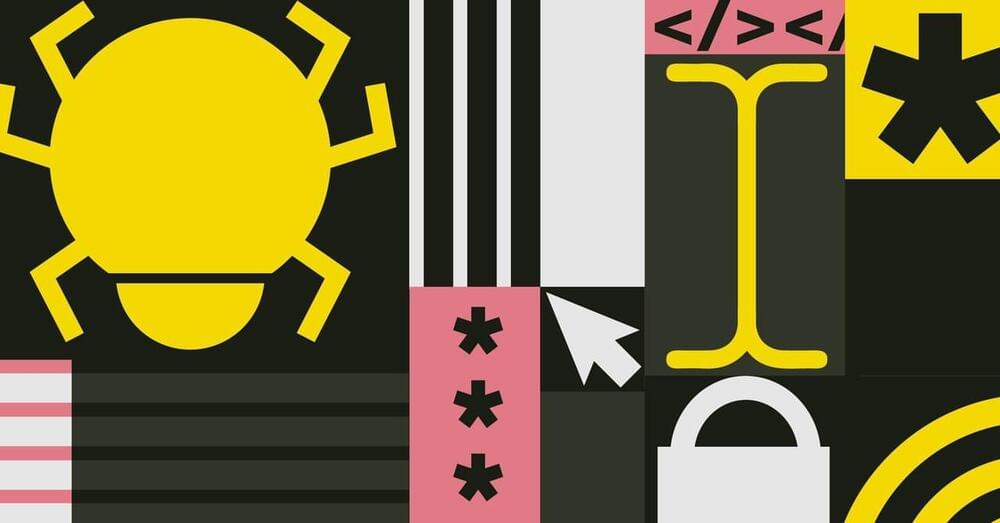

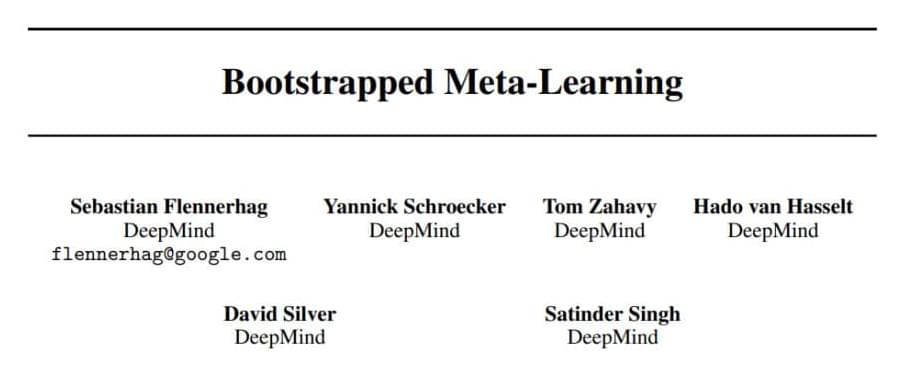
Learning how to learn is something most humans do well, by leveraging previous experiences to inform the learning processes for new tasks. Endowing AI systems with such abilities however remains challenging, as it requires the machine learners to learn update rules, which typically have been manually tuned for each task.
The field of meta-learning studies how to enable machine learners to learn how to learn, and is a critical research area for improving the efficiency of AI agents. One of the approaches is for learners to learn an update rule by applying it on previous steps and then evaluating the corresponding performance.
To fully unlock the potential of meta-learning, it is necessary to overcome both the meta-optimization problem and myopic meta objectives. To tackle these issues, a research team from DeepMind has proposed an algorithm designed to enable meta-learners to teach themselves.
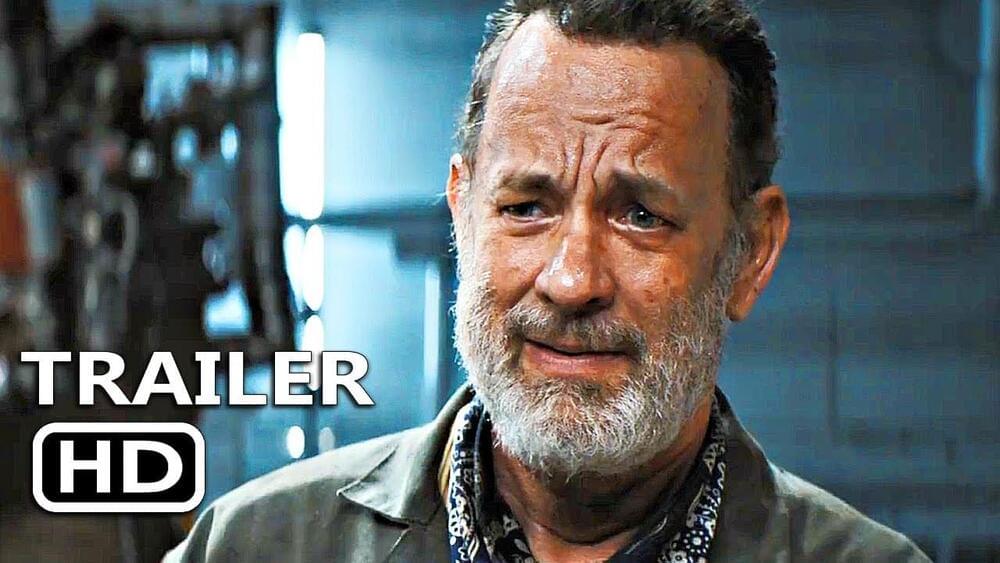
https://www.youtube.com/watch?v=4DMfvQbP8cE&feature=share
This film looks like an unexpectedly positive, interesting take on post-apocalyptic AI and its creator (or creators) than we are usually presented with from Hollywood. Between this and the new Foundation adaptation (that comes out in less than a WEEK!), maybe it’s time to forgive them for their many sins and finally subscribe to Apples streaming service. Or maybe not. 🤔
First trailer for Finch starring Tom hanks.


Altana AI, a startup building a database for global supply chain networks, today announced that it raised $15 million in a series A funding round led by GV with participation from Floating Point, Ridgeline Partners, Amadeus Capital Partners, and Schematic Ventures. The proceeds, which bring the company’s total raised to $22 million to date, will be used to further develop Altana’s data and AI systems and launch new machine learning and network analysis tools, according to CEO Evan Smith.
Trade wars, the rise of ecommerce, pandemic supply chain shocks, and sustainability concerns are driving fundamental changes to supply chain networks and global trade flows. Nearly 75% of companies report supply chain disruptions in some capacity due to pandemic-related transportation restrictions. And in a recent IBM survey, 40% of executives stressed the need for spare capacity to weather future crises.
Altana’s product aims to solve these challenges with a platform that connects and learns from billions of supply chain data points. It answers questions about products, shipments, companies, and networks, filtering out illicit trade and targeting bad actors and security threats across global commerce networks.
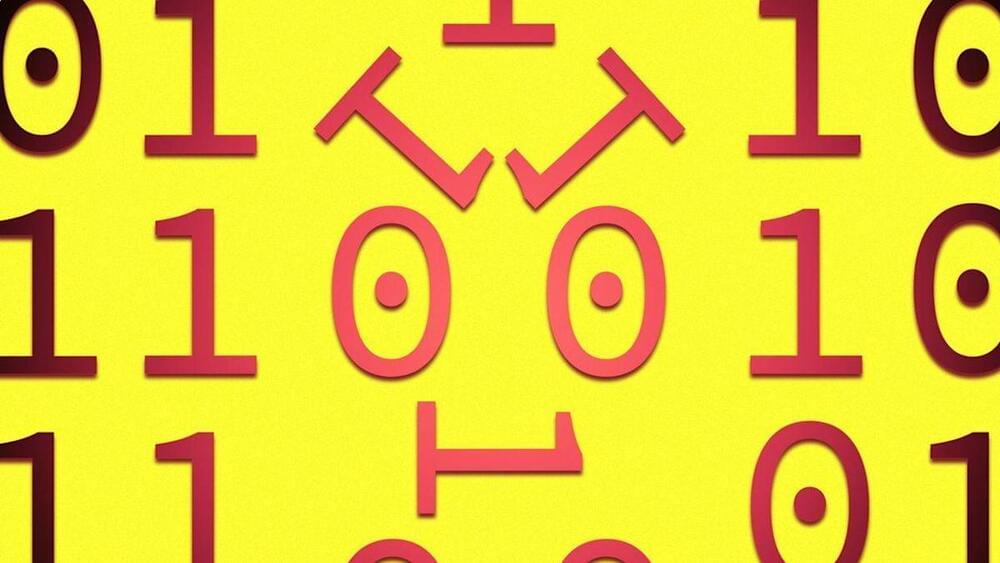
A new report about artificial intelligence and its effects warns AI has reached a turning point and its negative effects can no longer be ignored.
The big picture: For all the sci-fi worries about ultra-intelligent machines or wide-scale job loss from automation — both of which would require artificial intelligence that is far more capable than what has been developed so far — the larger concern may be about what happens if AI doesn’t work as intended.
Get market news worthy of your time with Axios Markets. Subscribe for free.

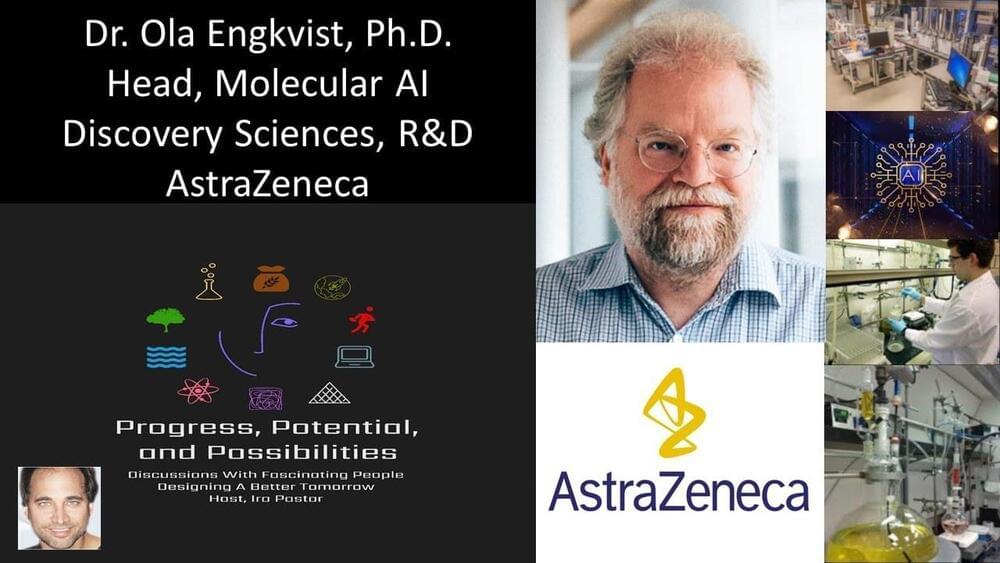
Applying Artificial Intelligence & Machine Learning In Drug Discovery & Design — Dr. Ola Engkvist Ph.D., Head, Molecular AI, Discovery Sciences, R&D, AstraZeneca
Dr. Ola Engkvist is Head of Molecular AI in Discovery Sciences, AstraZeneca R&D (https://www.astrazeneca.com/).
Dr. Engkvist did his PhD in computational chemistry at Lund University followed by a postdoc at Cambridge University.
After working for two biotech companies Dr. Engkvist joined AstraZeneca in 2004. He currently leads the Molecular AI department, where the focus is to develop novel methods for ML/AI in drug design 0 productionalize the methods and apply the methods to AstraZeneca’s small molecules drug discovery portfolio.
Dr. Engkvist’s main research interests are deep learning based molecular de novo design, synthetic route prediction and large scale molecular property predictions, and he has published over 100 peer-reviewed scientific publications.
Dr. Engkvist is also adjunct professor in machine learning and AI for drug design at Chalmers University of Technology and a trustee of Cambridge Crystallographic Data Center.
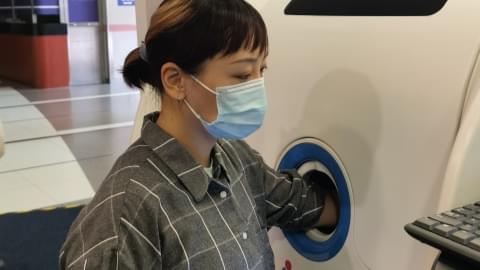
Have to admit this nurse has Kahunas. Not sure I would have the guts to put my arm in that hole.
Shanghai’s first intelligent blood collection robot has started operations at Zhongshan Hospital.
The robot can take the place of a nurse to handle blood sample collection, the hospital said.
The robot will check each person’s blood vessel condition to make an intelligent decision on the position, direction and angle of the needle to ensure safety and accuracy as well as control pain.
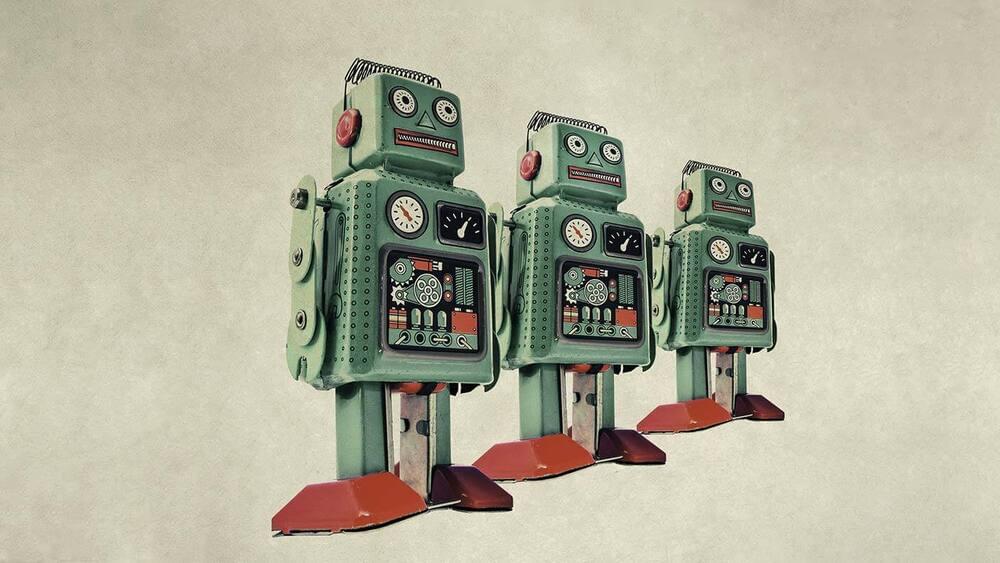
It is quickly becoming a hot topic among machine learning experts and those concerned with AI safety.
One of us (Anders) has a background in computational neuroscience, and now works with groups such as the AI Objectives Institute, where we discuss how to avoid such problems with AI; the other (Thomas) studies history, and the various ways people have thought about both the future and the fate of civilization throughout the past. After striking up a conversation on the topic of wireheading, we both realized just how rich and interesting the history behind this topic is.
It is an idea that is very of the moment, but its roots go surprisingly deep. We are currently working together to research just how deep the roots go: a story that we hope to tell fully in a forthcoming book. The topic connects everything from the riddle of personal motivation, to the pitfalls of increasingly addictive social media, to the conundrum of hedonism and whether a life of stupefied bliss may be preferable to one of meaningful hardship. It may well influence the future of civilization itself.